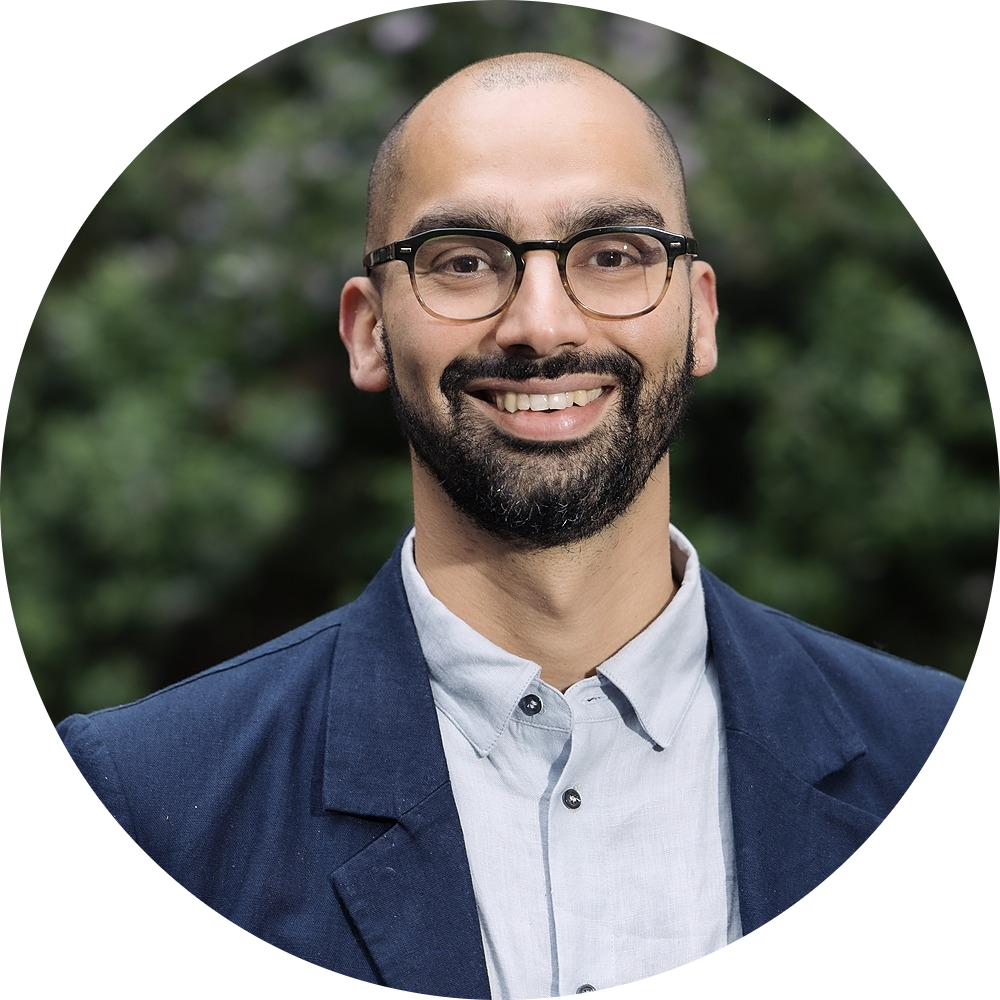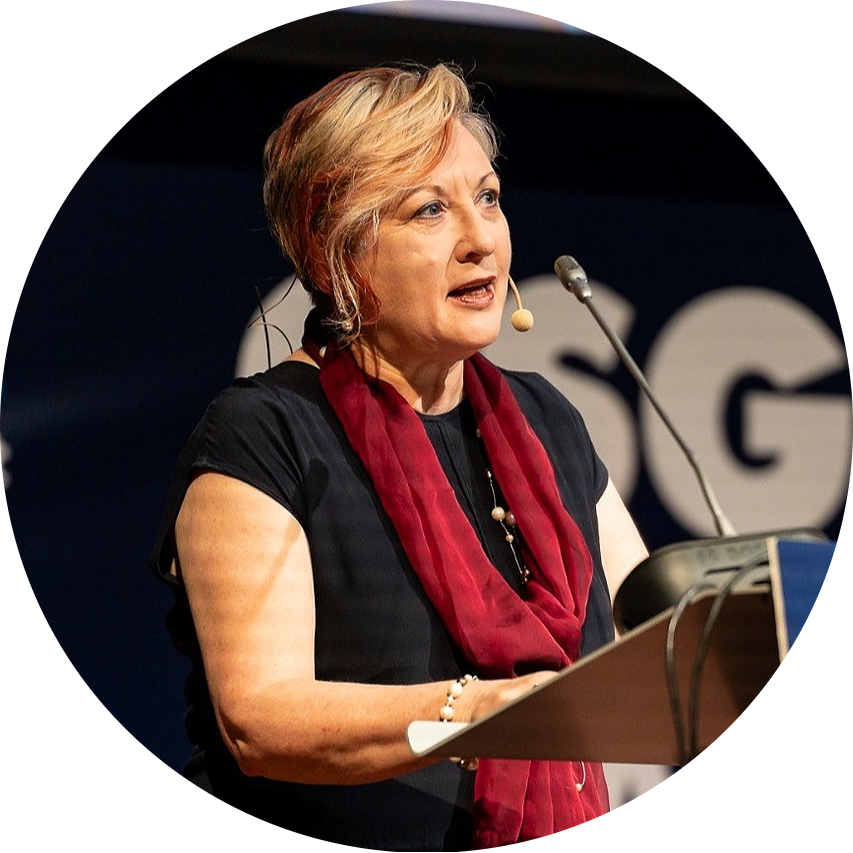Making ‘sustainable finance’ more sustainable
Event description
As we count down to COP29 in Azerbaijan this November, global policymakers are dubbing it the ‘finance COP’. Funding climate action, domestically and internationally, is one of the critical challenges in the campaign against climate change.
There has never been a more crucial moment to optimise the sustainable finance movement, scaling up green investment and reducing investment in ‘dirty’ assets and companies.
Following on from receiving the Academy of Social Sciences in Australia’s 2023 Paul Bourke Award for Early Career Research, Dr Arjuna Dibley, Head of the Sustainable Finance Hub at the University of Melbourne, will present this lecture reflecting on the trajectory of sustainable finance, and how it could be shaped in its next phase to improve ambition and scale.
Join us for an evening examining the current state and future of sustainable finance, introduced by Victorian Department of Treasury and Finance Secretary, Chris Barrett, and moderated by Mondiale Impact Managing Partner and University of Melbourne Enterprise Professor, Rosemary Addis AM.
Speakers

Dr Arjuna Dibley, Head of the Sustainable Finance Hub, University of Melbourne
Dr. Arjuna Dibley is a Senior Research Fellow at Melbourne Climate Futures. He is also an Honorary Research Associate at the University of Oxford’s Smith-School for Enterprise and Environment.
Arj is an expert in environmental law and economics. He uses quantitative and qualitative methods to research various aspects of climate change law and economics, sustainable finance, energy policy and corporate governance. Among others, his work has and will be published in Nature, Harvard Environmental Law Review, Journal of Cleaner Production and Foreign Policy. He has also published significant policy reports, including as a lead author on the United Nations Environment Programme’s Adaptation Gap Report.
Prior to his university role, Arj worked as a corporate lawyer, strategy adviser and policy analyst at leading sustainable finance organisations in Australia, Asia and the US. On the side of his research, Arj continues to advise governments, financial institutions, companies, philanthropists, and not-for-profits on various aspects of climate law, economics and sustainable finance. He is a Board Member and Company Secretary of Environmental Justice Australia, a Board Member of CarbonPlan and a Fellow at the Centre for Policy Development.
Arj has a doctorate in climate change law and economics from Stanford University which he earned as a General Sir John Monash Scholar, and undergraduate degrees in law and Asian studies from the Australian National University.

Introduction by Chris Barrett, Secretary, Victorian Department of Treasury and Finance
Chris leads the Department in its role of providing economic, financial and resource management policy advice to the Government. Chris commenced as DTF Secretary in December 2023. Chris joined DTF as Deputy Secretary of the Economic Division in January 2021. Chris was responsible for the provision of high-level economic and policy advice to Government on productivity, taxation and regulation, along with social, environmental and economic development issues. Before this, Chris was the CEO of Invest Victoria, and led both the Victorian Government’s approach to investment attraction and the Economic Recovery Mission in response to coronavirus (COVID-19).
Chris’ career includes over two decades in public service in Melbourne, Canberra and internationally, including as Deputy Secretary, Policy and Cabinet in the Victorian Department of Premier and Cabinet.
In 2011, Chris was appointed Australian Ambassador to the Organisation for Economic Cooperation and Development (OECD) in Paris, where he led Australia’s engagement with the OECD and contributed to global best-practice public policy. Following on from his role with the OECD, Chris spent four years with the European Climate Foundation in Berlin, where, as Executive Director, Finance and Economics, he led an international philanthropic strategy on the economic and financial implications and opportunities of the low-carbon transition.

Moderated by Rosemary Addis AM, Managing Partner, Mondiale Impact, Enterprise Professor, University of Melbourne
Rosemary Addis is globally recognised as a director and strategist at the forefront of innovation and investment for impact. She has led design and execution of ground-breaking investment vehicles, policy and pioneering organisations shaping market transformation for a more positive, sustainable future.
Rosemary’s current portfolio is anchored by her role as Founding Managing Partner of Mondiale Impact, formed to support and challenge leaders as they confront new governance realities for the 21st Century. She is an Enterprise Professor at the University of Melbourne and Chairs the University’s flagship initiative, Melbourne Climate Futures which includes the Sustainable Finance Hub. She is also Industry Professor at University College London and a Global Ambassador for GSG Impact, now active in over 50 countries.
Rosemary has over two decades’ experience as a Chair and Director and has been engaged as a senior strategist advising SDG Impact at the United Nations Development Programme, the OECD Social Impact Investing Initiative, the World Economic Forum Ideas to Practice, a World Bank Steering Group for Innovative Finance and leaders internationally from major corporates and banks to institutional investors and asset managers, foundations and governments.
Her 30+ year track record spans sectors: a global legal career, including as an equity partner of Allens-Linklaters, Social Innovation Strategist for the Australian Government, G8 Social Impact Investment Taskforce and Founding Chair of Impact Investing Australia (Market Builder of the Year 2018 and 2020).
In 2020 she was made a Member of the Order of Australia (AM) and has also been recognised as an inaugural Sorenson Impact Leader (2021), by Women in Finance ranking among top thought leaders (2017), Australia’s 100 Women of Influence for contributions to innovation (2015) and by Chambers Global as one of the world’s leading lawyers (2002 and 2003).
Rosemary’s work is published widely and is the subject of international case studies. She has an LLB (Hons 1st Class, 1990), New York Bar (1995), Company Directors’ Diploma (2002).
Tickets for good, not greed Humanitix dedicates 100% of profits from booking fees to charity


